Congressional team dominates competitors
Debate’s finest qualifies for the National Speech and Debate Association tournament
TOP DAWGS: Junior Amy Shreeve, junior Brianna Rodriguez, and senior Zachary Houdek compete in Congressional debate. They qualified for the NSDA in the TFA Sate tournament in San Antonio.
April 15, 2018
The Speech and Debate team recently competed in the Texas Forensic Association (TFA) State tournament in San Antonio. Junior Brianna Rodriguez, junior Amy Shreeve and senior Zachary Houdek won three out of the four congress spots, qualifying for the National Speech and Debate Association (NSDA) competition in Fort Lauderdale, Florida.
In the state tournament, Shreeve and Rodriguez competed in House while Houdek competed in Senate.
”We debate if we [would] pass or fail pieces of legislation, just like a real congress would,” Rodriguez said. “The topics that we debated were pretty variant, they were mainly about sanction on Venezuela and Guantanamo Bay.”
Even though they have the same topics, the Senate and House have some differences.
“The House and Senate are the same in the sense of debating and how the event occurs,” Houdek said. “Senate has two people who advance no matter what, whereas House is based on how many people compete for those House spots. Generally, Senate spots are more competitive and have a higher ranking competition nationally, although both are challenging as an event.”
They all gave speeches about multiple predetermined topics.
“Although there were a plethora of topics, a very reoccurring topic was the situation in Syria and how neighbor nations are going to play a role in the post-war nation,” Houdek said. “All of our topics related to current issues being faced in the world.”
Before the tournament, the competitors shared a Google document with each other stating the angle they had for each topic.
“I did research on the actual piece[s] of legislation so I was well informed on them and there was a shared document group where kids from other schools were comparing their cases,” Rodriguez said. “I was able to see what they had so I [didn’t] take their point.”
Various schools competed at TFA, but their team was expected to take the most spots.
“They were pretty much anticipating that Amy and I were going to get the House spots,” Rodriguez said. “Everyone kind of knew who the top people were going to be in the Senate because [it’s] always harder. There are definitely six top competitors in our district and Zach is one of [them], so he got that [spot].”
The schools that didn’t qualify for NSDA were supposedly not upset because they performed well in other areas.
“If they didn’t qualify in Congress, they qualified in another event that they liked to do,” Rodriguez said. “Congress kids dominate the circuit, if you’re good at congress you’re pretty good at a lot of other things.”
They don’t have as much time as they used to to work on their own speeches because they are busy mentoring the underclassmen.
“Half of the time we focus on others and the other half we have to focus on ourselves, which is hard to split,” Shreeve said.
One of the biggest challenges the students faced was coping without the debate teacher, Bryan Alford.
“It was really hard because we don’t really have a coach anymore,” Shreeve said. “We have a substitute and I’m really grateful for her, but we didn’t have the same resources that we had before.”
They spend hours competing and reviewing their speeches.
“For nationals there are three three-hour sessions, so that takes up nine hours of our day,” Shreeve said. “The night before, we’re usually practicing a lot and the night after we’ll go to a team dinner and hang out.”
Rodriguez and Shreeve both agreed that they probably wouldn’t have remained with the debate program for as long if it hadn’t been for the friends they made.
“It was half peer pressure, but it was really fun getting to hang out with these specific people,” Shreeve said. “I’m good friends with people on my team, but I have [also] made good friends with people who go to other high schools, like we went to Chicago and we met some people there, it’s really fun.”
After working so hard for so long, placing in nationals was a huge accomplishment for these three debate students.
“I was confident in my abilities, but I knew the rankings would be very close,” Houdek said. “When it was announced [that] I would be going, after not receiving a spot last year by one point, I was very relieved to be ending my debate career by going to Nationals in the Senate.”

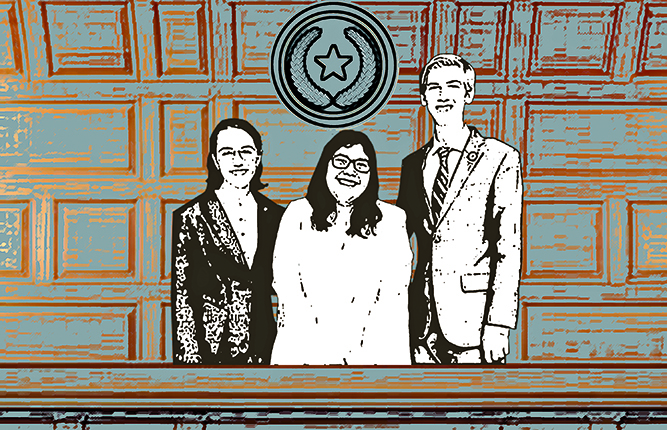
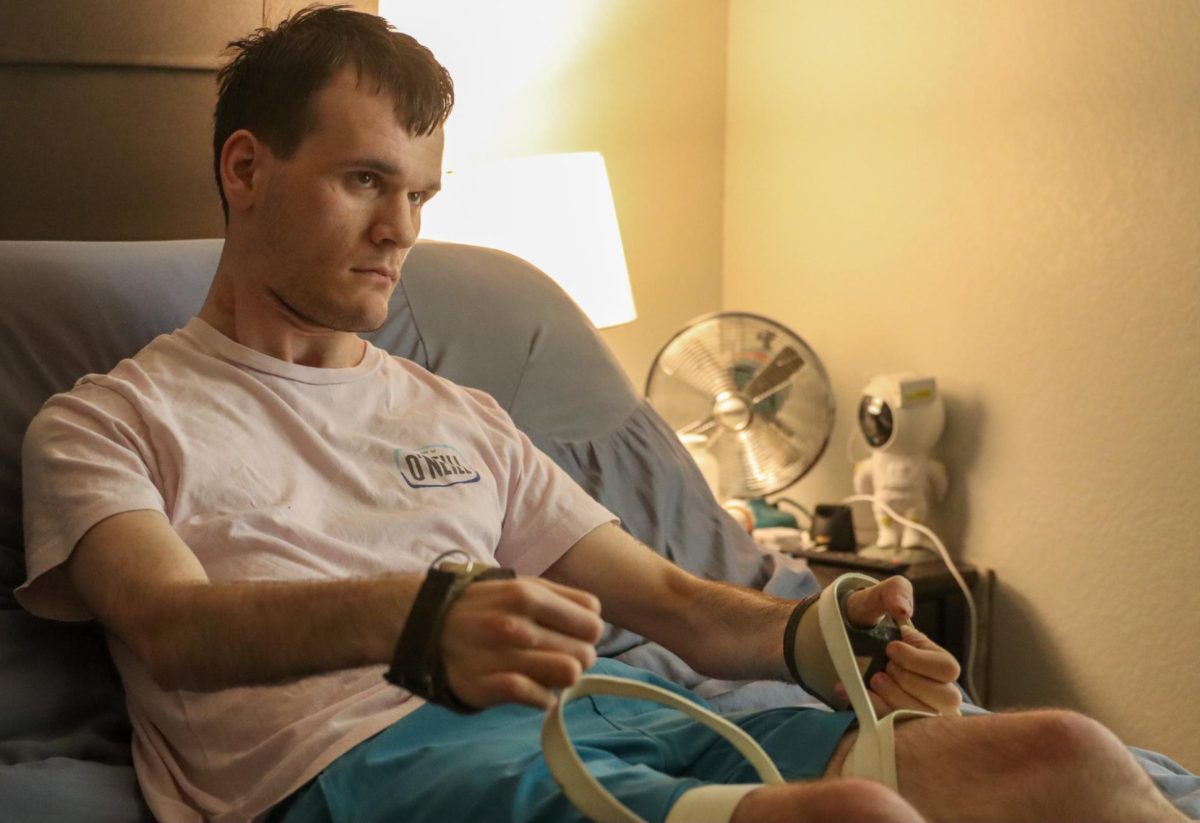
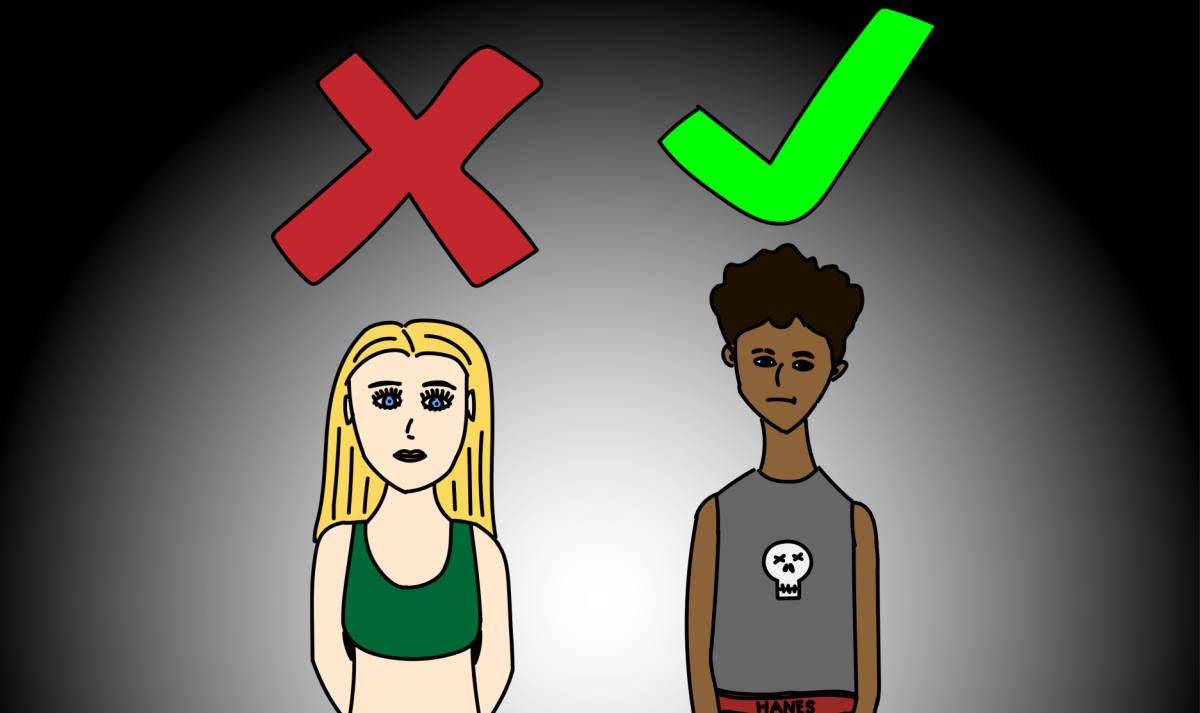
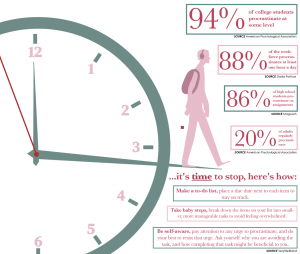
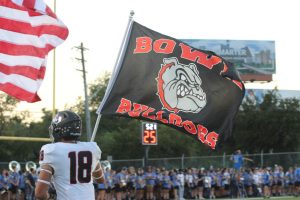
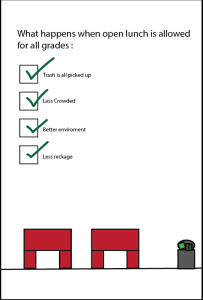
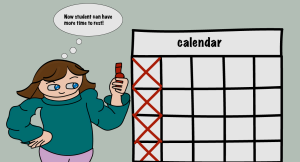



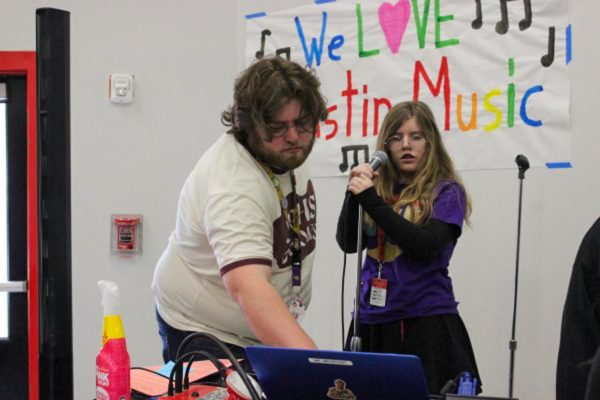
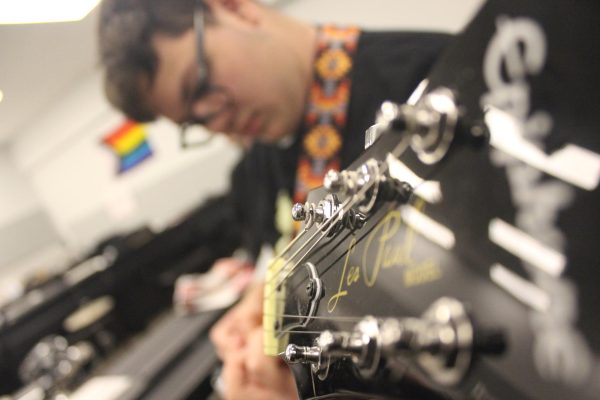
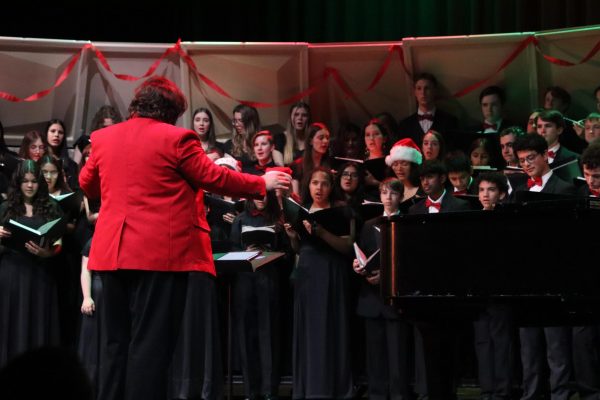
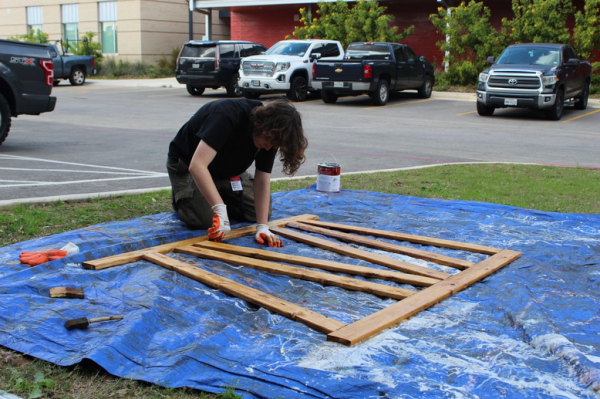
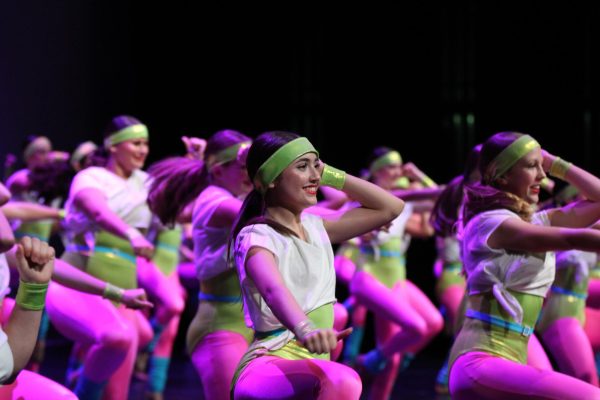
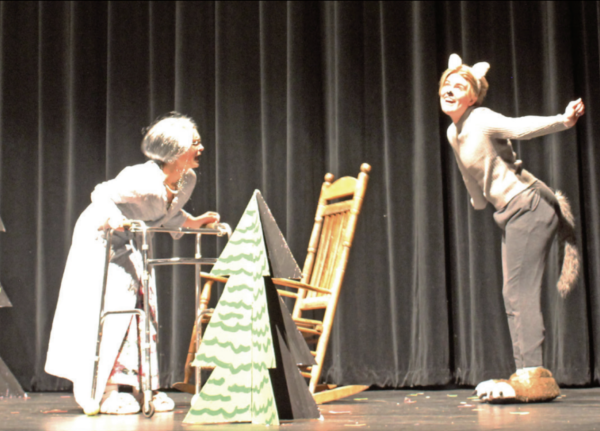
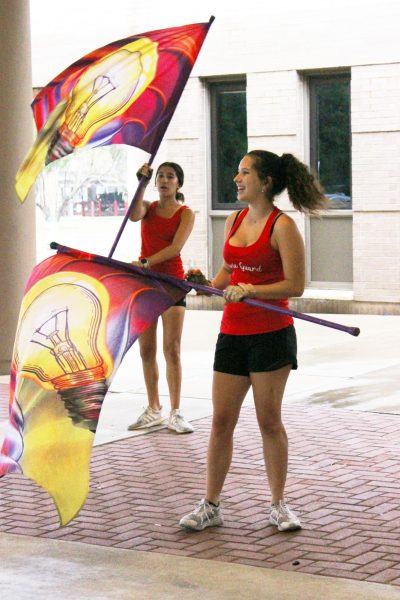
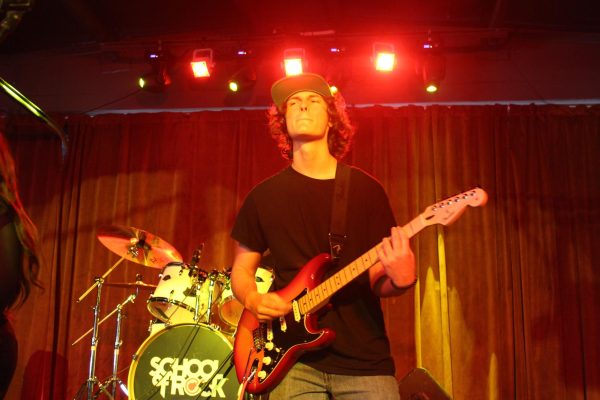
pedro • Jun 26, 2018 at 3:39 am
thanks